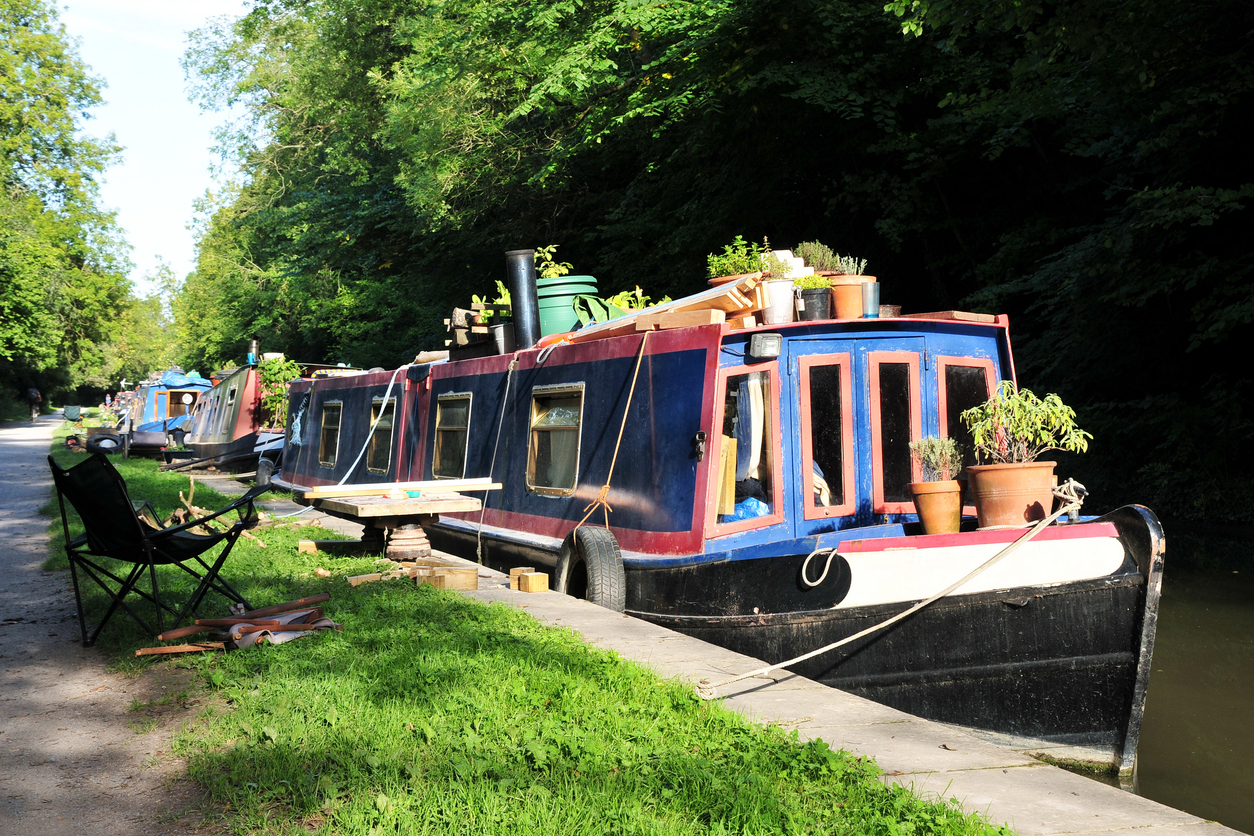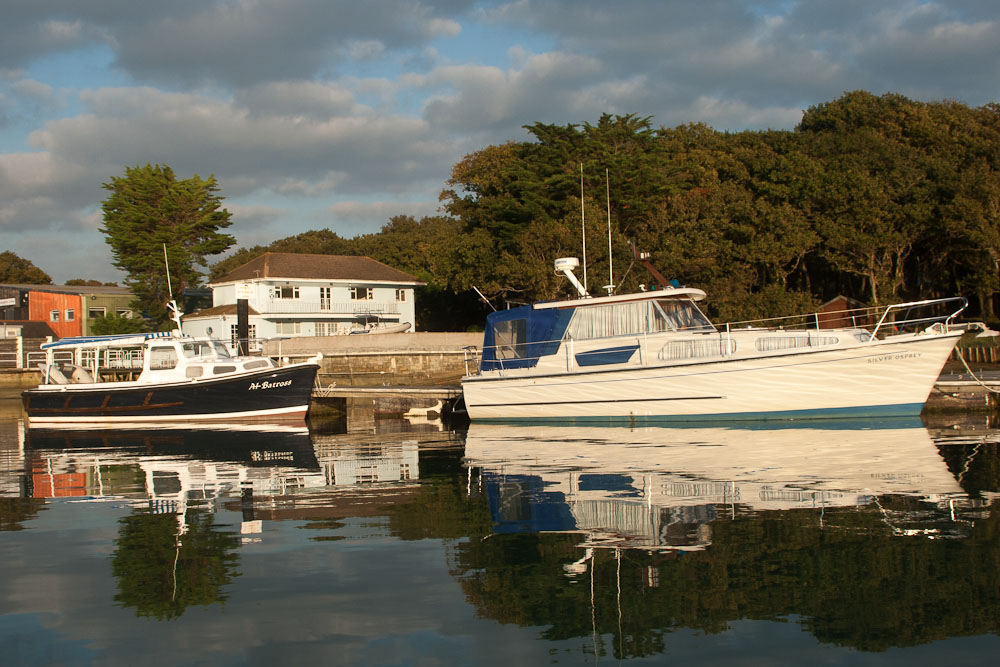If you are thinking about buying a boat to live in, this article will help you organize your purchase and make the right decisions.
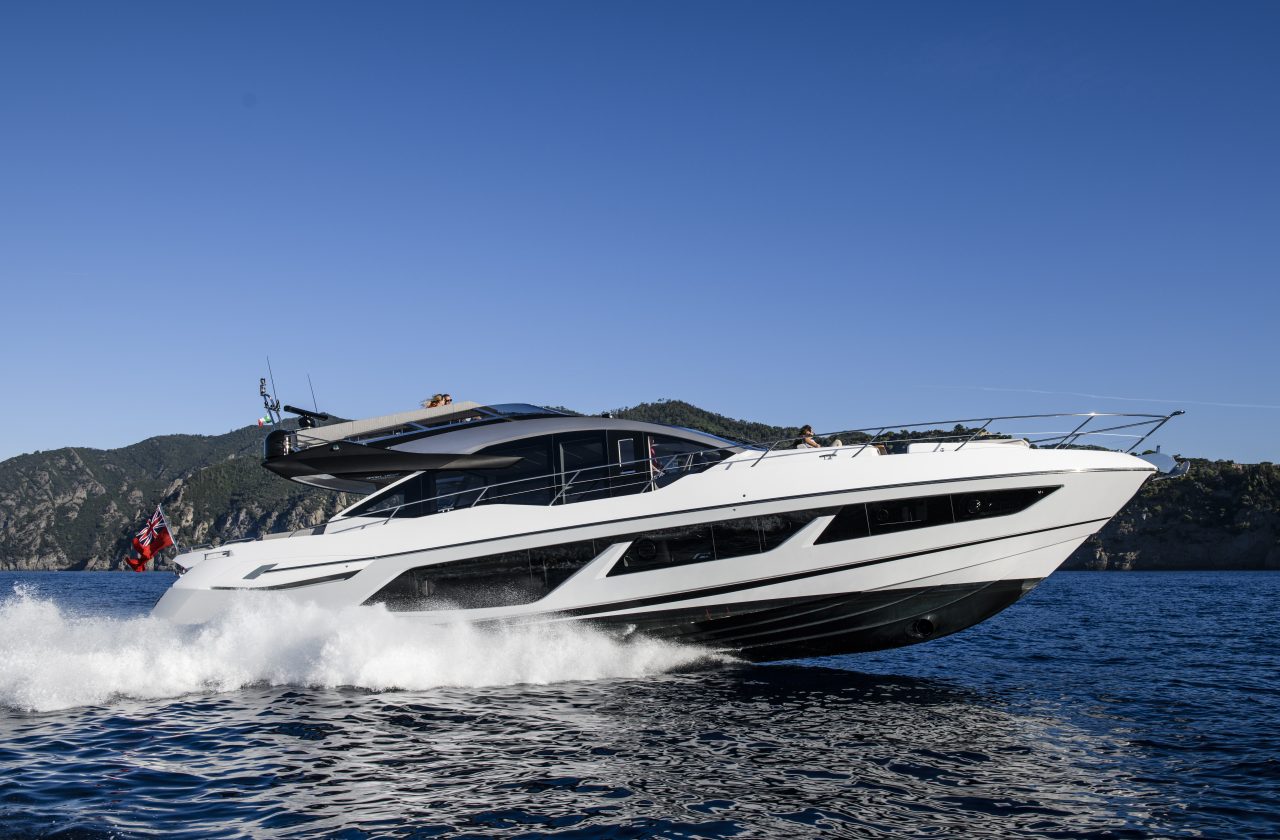
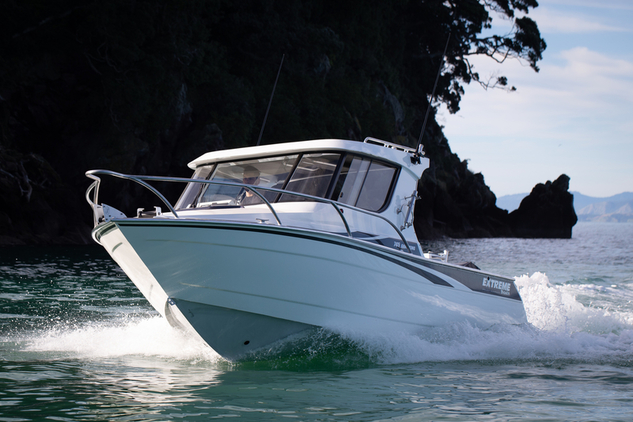 Boats and Outboards offers moorings for both sale and rent for various budgets and boat sizes.
Boats and Outboards offers moorings for both sale and rent for various budgets and boat sizes.
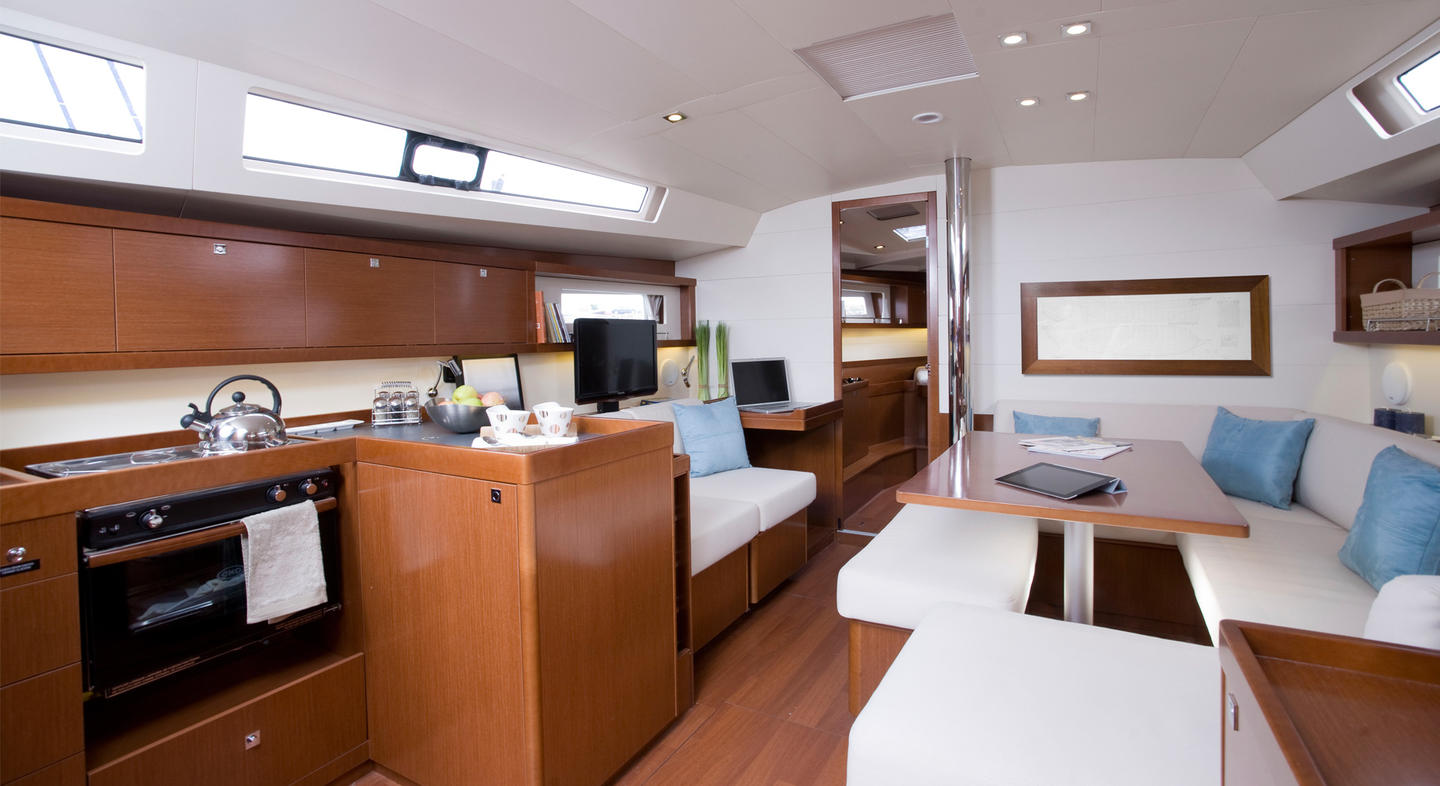
- Although you may have previous sailing experience, you should make sure you choose the best type of boat for you.
- Once bought, if you already know where you’ll moor it, the next step is getting used to life on board since it’s a big change in many respects.
Going from living in a big house, small studio or simply a friend’s sofa to living on a boat is a radical change, especially in terms of organization and space. Let’s assume that you have already researched the budget and you know how much a new or secondhand boat is going to cost you. However, if you are not a boat owner and have not yet done so, we advise you to spend some holidays and weekends living on board a boat with similar characteristics to the one you are thinking of buying. If you are going to live with others, it’s best that you do these trial runs with that person or people. Spending extended periods of time in the few meters squared available on a boat isn’t for everyone, nor is it for all families or couples. It’s therefore best that your dream is shared by everyone, including your dog.
Anyone who has a relatively free spirit would be thrilled with the idea of living on board a boat since it used to be a luxury reserved only for bohemian people, but if we go back even further in time, it was more like punishment or extreme poverty. However, nowadays there are places where living on a boat is symbolic, like Amsterdam’s canals, even though the origin of this way of life was due to a lack of housing during the post-war period. This dream can, however, turn into a nightmare. To live on a boat you must learn to be a bit of a minimalist. If you are one of those people who can't give up the luxury of a wardrobe or a bathtub, you'd better look for a big boat (and this may not fit your budget) or you'd better stay between brick walls.
Menu
- Choosing the Type of Boat
- To Sail or Not to Sail
- Finding the Best Mooring
- Getting Used to Life on a Boat
- Living on a Boat During Winter
- Maintenance and Repairs
- Conclusion

Anyone who has a relatively free spirit would be thrilled with the idea of living a boat. Photo: Sunseeker.com
Choosing the Type of Boat
It’s likely that your decision to live on a boat is tied to a passion for the sea and that you already have previous sailing experience. If this is your case, the transition will be much quicker and much more enjoyable. However, if you’re looking to radically change your lifestyle, you have a lot of things to learn and it’s best to start from the beginning: learning the different types of boats that exist in the nautical world.
You should first decide whether you want a sailing boat or a motorboat. Each comes with its own list of pros and cons. For example, a motorboat offers much more space, however, maintaining it is a lot more expensive than a sailing boat. Therefore, if you wish to sail as well as live aboard and don’t want to waste a lot of money each time you do so, the ideal option would be to opt for a sailing boat. Regarding the types of boats that exist, there are the classic wooden boats for DIY-lovers, fishing boats for fishing enthusiasts, sporty boats for those who love water sports, etc. If you value living aboard more than what kind of sailing you wish to do afterwards, a good option is a family cruiser since it’s the closest to a house. Additionally, like with any type of boat, you can find cruisers that combine various possibilities, such a cruiser adapted to fishing.
If you have owned boats before, you will probably only need to focus on a more liveable, stable and longer boat. In any case, remember that the type of boat you choose and the budget are related. If you are new to the nautical world and you want to sail as well as live on your boat, another thing to consider is what kind of boat licence the boat you have chosen needs. Remember that to start sailing, you should first start with a course.
More information on:
To Sail or Not to Sail
As well as choosing between a sailing boat and a motorboat, there’s also the possibility of choosing a boat that doesn't sail and only using it as a houseboat. But be careful, not just any boat will do. If a boat doesn’t sail because its engines have given out, because it hasn’t been used for a long time or if it’s a sailing boat with damaged rigging, it could also have serious structural problems even while motionless in the port. A really old and poorly kept boat is not the same as a house that looks brand new with a single coat of fresh paint.
Electrical and utility installations suffer much more from the harsh marine environment, so it may not be a very profitable investment. Additionally, our long-awaited freedom would not be complete without the ability to move from port to port. However, there are boats (I have even seen some of them published on tourist rental sites) which have made the most of the engine compartment by removing the two rust-ridden hulks that had become the propellers and the stinking fuel tank to create a new space.
If you choose a boat that can sail, you will have to decide whether you wish to live in a mooring in a single port or truly abandon the land and live on the water. There is a great difference in budget and lifestyle. Living on the water could be interesting budget-wise, but it requires a lot of sailing experience. Those who choose this option will be able to anchor in bays and coves, but they must stay very aware of the weather for their comfort and, above all, their safety will depend on it. It’s also possible to reduce fuel costs using a good supply of batteries charged by solar panels, wind generators or hydro generators. You will also need an auxiliary boat that will allow you to come to shore for essential supplies. I’ve known sailors that practically only came to port to recharge fuel, water, do repairs or because of bad weather. This life of seemingly absolute freedom also requires planning in terms of boat maintenance but, without a doubt, the main thing to worry about is the weather.
Finding the Best Mooring
Deciding where to have the boat is also extremely important and will depend on many variables, but mostly on the work lives of those involved. Those who boast a job that doesn’t require an office will have a big advantage in this sense: without a fixed office, they would need a fixed mooring and will have the freedom to go from port to port or simply choose the cheapest option. Obviously, you will have to verify the quality of Internet connection the port has in order to use it for Wi-Fi (it’s usually quite poor and even worse on weekends) and in some ports there is even poor 4G connection. In general, when you rent a mooring it includes electricity, water and, in some cases, even Internet connection for boats.
For many, being able to change port, city, sea or ocean is a dream come true… but relocation obviously requires knowledge and time. The truth is that choosing the home port will depend on budget, although you would love to have a mooring in Monaco, you should be aware that on Formula 1 days it gets pretty expensive, and on the other days too. In general, it’s best to rent a mooring than buy one since port concessions have a maximum duration of 30 years. Once this period is up, the mooring returns to the hands of the government and any contract previously signed will be invalid. Slip owners tend to have priority when it comes to reacquiring the mooring, but there have been cases in which owners have lost their rights. As a guideline you can consult the mooring section on our site which offers moorings for both sale and rent for various budgets and boat sizes.

Getting Used to Life on a Boat
Once you know the type of boat that best fits your daily needs and where you will moor it, the next step is getting used to life aboard. This is possibly the most complicated part as it involves a huge change in many senses. It may seem like a simple idea, but the reality of it may not be comfortable. Getting rid of material objects that take up a lot of space or that are rarely used, especially clothes and furniture, will be an interesting task.
Clothes
To wash the clothes we take with us, some ports have a laundrette that makes dealing with dirty clothes easier, but in most cases this service isn’t available. There are pick-up and delivery services that are slightly more expensive, but are probably the best solution.
Food
As is obvious, it’s neither healthy nor financially wise to eat out every day. The biggest downside to smaller spaces is the consumption of fresh food; the fridge capacity on a boat is far lesser than that of a house. You must therefore go shopping frequently and be proactive,making the most of the fridge capacity on board to avoid waste and having to throw away food that is out of date or rotten.
Personal Hygiene
If you are going to be in a mooring for an extended period of time, it’s best to use the port’s or club’s services to avoid having to move the boat just to discharge grey or black water. It’s only a question of habit and organization, above all because these services aren’t usually near the boat and getting to the shower and realising that you don’t have shampoo can be a problem. Another option is to make use of the gym’s facilities and, at the same time, use it as a chance to get fit.

The fridge capacity on a boat is far lesser than that of a house. Photo: beneteau.com
Living on a Boat During Winter
Honestly, if you can choose a hemisphere, don't hesitate, forget about winter and flee from north to south in search of an average temperature. If this isn’t possible, you should take some things into consideration to make the temperature bearable. Firstly, you should be aware of a great foe: humidity. It’s something that you may not have taken into account whilst living on land, but that can become a big problem while living aboard. The most effective solution is a dehumidifier, in fact it solves a lot of problems, not only that of humidity, but it also helps the boat reach an ideal temperature much quicker since dry air is much easier to heat.
On the other hand, you will also need an electric heater (for a 10 to 12 meter boat a 2kw heater will suffice). Evidently, this is only the case if you are moored in a port and can connect the boat to the 220 volt electrical network, which requires having the electrical installation in good condition, a cable with the right dimensions and a regular and thorough check-up.
Whilst sailing, a diesel heater is the most advisable option. They consume little fuel and are equivalent to a 12 volt electric heater. They also have a great capacity to heat the atmosphere including for drying clothes if you are sailing in bad weather. Nowadays, any direct combustion heater is obsolete both in terms of efficiency and safety. Thermal insulation on board is also very important. A modern boat shouldn’t have any problems, although they are built for sailing in the summer. On the other hand, in the case of older boats, you should be careful as most tend to have old installations. Until you know your boat well, during the first winter it is best to regularly check areas that are difficult to access since this is where you are more likely to find humidity, fungal growth or bad smells.
More information on:
Maintenance and Repairs
The ideal situation would be to be a bit of a handyman and resolve most problems without having to resort to external professionals, aside from major problems for which you do not have the correct equipment. Without a doubt, you will gradually learn how to perform the most common electrical and mechanical repairs or utility installations. Don’t forget that you can also ask a neighbour or consult the Internet. You should always have your essential tools at the ready, as well as a good supply of spare parts in case you’re ever in a bind.
If there are no major problems, once a year or every two years, you should consider getting the boat out of the water to paint the hull, change galvanic anodes and a general overhaul of the hull, sliding depth sounder, seacock thru hull fittings, propeller, shaft, rudder, etc. As well as being expensive, in many dry docks it’s forbidden to live aboard if the boat is out of water, so it’s best to stay with a friend or family member to keep costs down.
More information on:
Conclusion
It’s advisable to put your house up for sale, as well as look for a job with no strings attached so that you can find the boat of your dreams and leave the land. And don’t just think that this life is only for young single people or bohemians; this project is perfect for a couple or for those with kids. There are many books that tell of families that sailed for years, educating their children onboard. Maybe you can start reading a book about this on your next holiday.
Check out our articles on:
